The young executive has an extensive history in both the business and tech worlds.
-
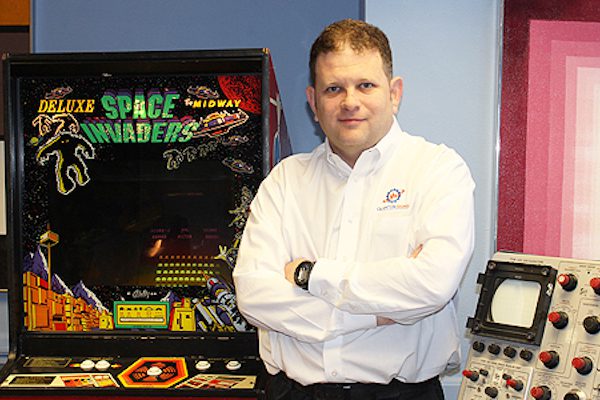
The Mad Scientist’s Lab: A look inside Mitch Rohde and Quantum Signal’s school-sized playhouse
Don’t let the retro arcade games and oscilloscopes fool you – Mitch’s company is as modern as they come.
-
Silicon valley entrepreneurs help bring WIMS2 technology to the world
Shahin and Sassan discussed everything from the acquisition trends of small vs. large companies to the importance of building a team with a range of expertise.
-
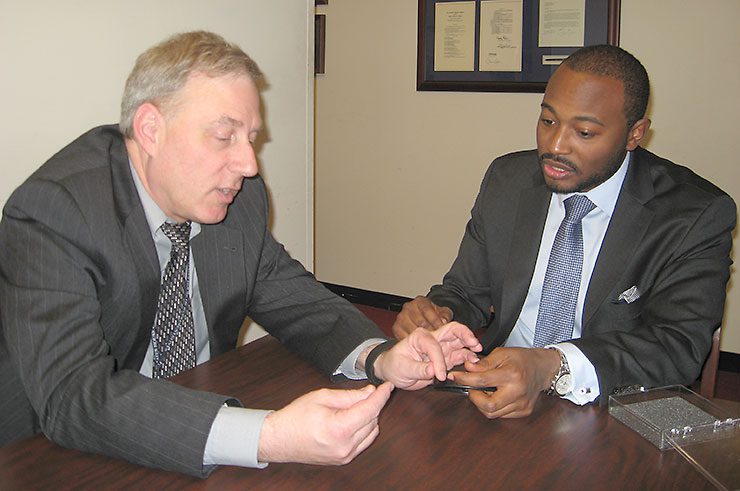
Iverson Bell – Researching the future of space satellites
Mr. Bell is investigating the potential of electrodynamic tether propulsion technology to enhance the capabilities of an emerging class of smartphone-sized satellites.
-
Health and Fitness Company Founded by CS Alum Gets Acquired by Practo
Entrepreneur Dhruv Gupta bui;d his web and mobile based weight management program that provides customized diet plans and exercises in 2011.
-
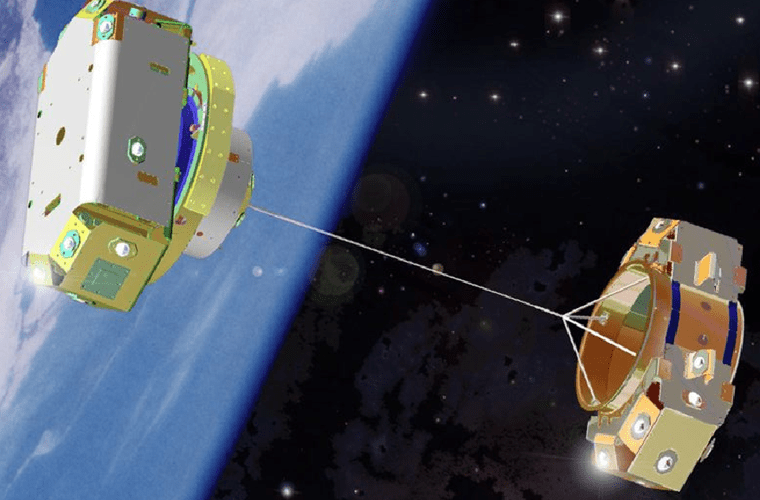
‘Space tethers’ can be used to fling spacecraft into interplanetary space
The tether could be used to deorbit out-of-use spacecraft, push spacecraft from low Earth orbit into higher orbits, or even push spacecraft out of Earth’s orbit altogether.
-
Designing intelligence
Can we create machines who learn like we do?
The post Designing intelligence appeared first on Michigan Engineering News.
-
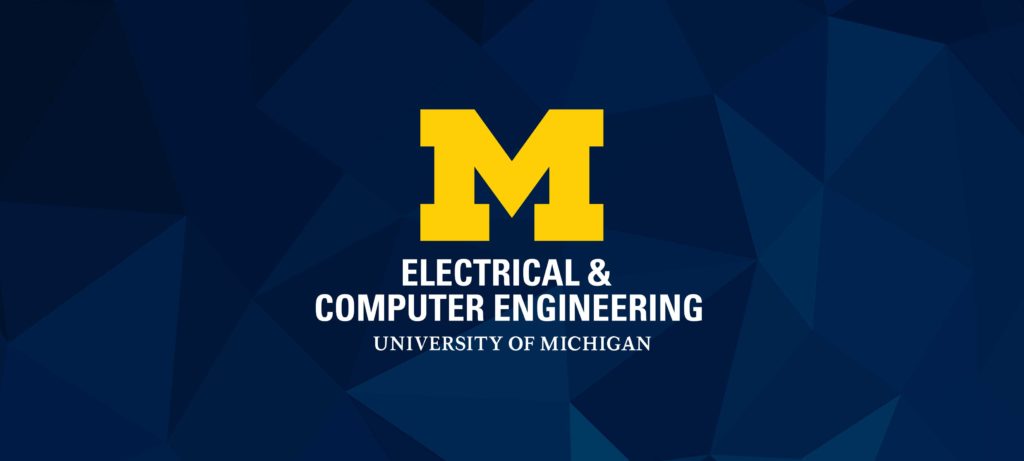
Stephen Forrest receives 2015 Distinguished University Innovator Award
Prof. Forrest is widely acknowledged as one of the most successful academic inventors and entrepreneurs today.
-

In our image
How and why we make machines that move like us.
The post In our image appeared first on Engineering Research News.
-
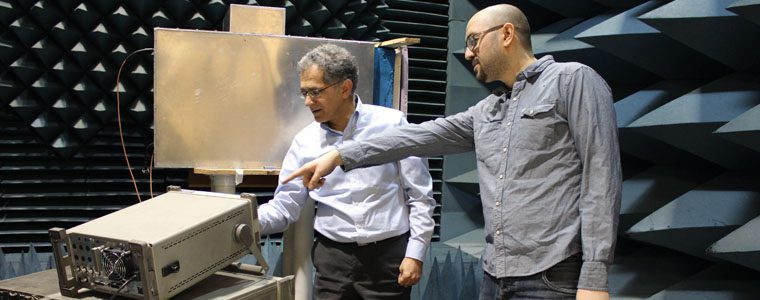
Researchers build groundbreaking device for NASA SMAP mission
The SMAP mission is NASA’s most ambitious sensing project yet for measuring global soil moisture levels.

 Michigan Engineering | University of Michigan
Michigan Engineering | University of Michigan